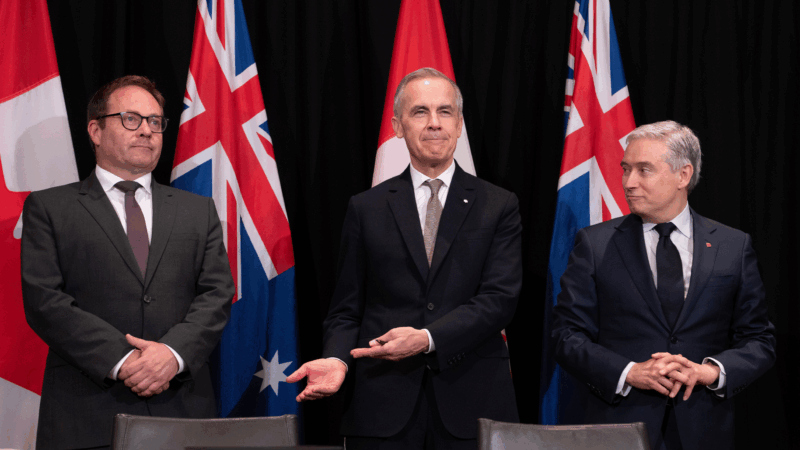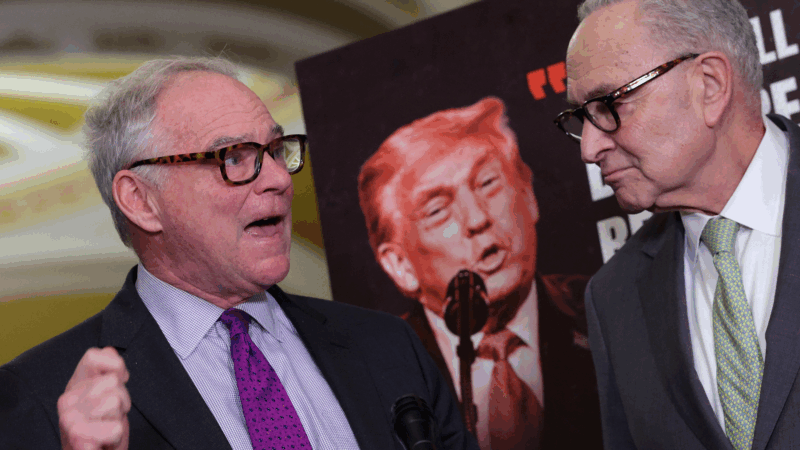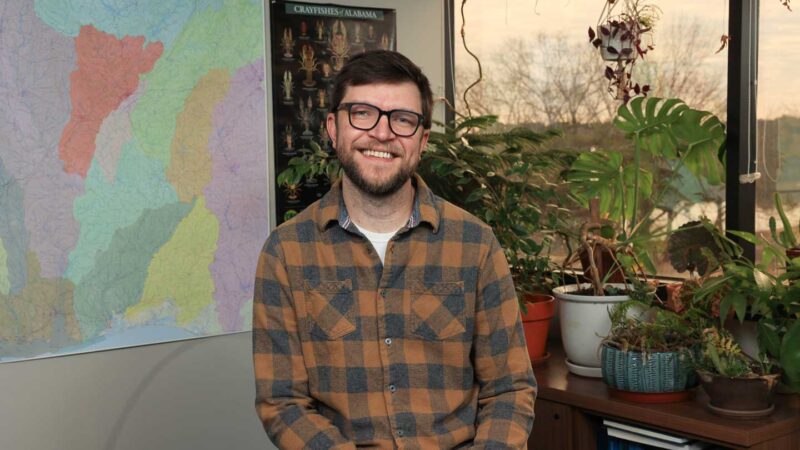Despite improving relations, U.S. will be absent from Vietnam’s war anniversary parade
HO CHI MINH CITY, Vietnam — U.S. officials are not attending the main public event commemorating the end of the Vietnam war in Ho Chi Minh City this week, according to a guest list released by the organizers and seen by NPR.
Top of the list, announced at the final rehearsal for the April 30 military parade, are Vietnam’s biggest friends — Laos, Cambodia, Cuba and China.
On April 30, 1975, North Vietnamese troops stormed the Independence Palace in central Saigon — now known as Ho Chi Minh City — ending the almost 20-year war that caused great losses to both North and South Vietnam, as well as the South’s ally the United States.
The day is now celebrated in Vietnam as Reunification Day.
Last week, The New York Times reported that the Trump administration had told its senior diplomats in Vietnam not to take part in events related to the anniversary including a reception on April 29 and the military parade the next day.
While not confirming the report, a State Department spokesperson told NPR that the United States and Vietnam “have a robust bilateral relationship and we are committed to deepening and broadening those ties.”
From adversaries to partners
For its part, Vietnam’s foreign ministry said that Hanoi and Washington have now formed “a comprehensive strategic partnership for peace, cooperation and sustainable development.”
The comprehensive strategic partnership is the highest level of bilateral relations between Vietnam and any other country.
The ministry also said that foreign guests from more than 20 countries and organizations, including the U.S., will participate in the celebration this year.
Apparent snub
Several U.S. veterans and former war correspondents have arrived in Ho Chi Minh City ahead of the anniversary.
Yet the apparent snub by U.S. government officials led to some disappointment among the Vietnamese. 74-year-old war veteran Phung Xuan Hai told NPR that each country “has its own thinking.”
“Even if they’re our comprehensive strategic partners, they have a different nature,” Hai said, adding: “However, it shouldn’t, and doesn’t, affect our joyful occasion.”
Event organizers said that more than 13,000 people, including the army, the police and civilians, are taking part in the main parade. There will be a fly-over by the Vietnamese air force, fireworks and a drone show.
Laos, Cambodia and China have also sent soldiers to join the parade that attracts widespread attention from the public.
Local residents, as well as people from other cities and provinces, have been gathering in central Ho Chi Minh City to watch parade rehearsals amid tightened security.
The city’s war museum has seen a surge in visitors, both domestic and international.
Carney says he backs strikes on Iran ‘with some regret’ as world order frays
Canadian Prime Minister Mark Carney says he supports the strikes on Iran "with some regret" as they represent an extreme example of a rupturing world order.
Iranian civilians are now fleeing the relentless bombing for neighboring Turkey
As the U.S. military broadens its strikes in Iran, traumatized Iranians are reaching the border with Turkey.
A split Senate votes against measure to constrain Trump’s authorities in Iran
Democrats in the Senate were facing an uphill climb Wednesday in their push to restrain President Trump's ability to wage war against Iran.
WATCH: How traffic dried up in the Strait of Hormuz since the Iran war began
The effective closure of the Strait of Hormuz is "about as wrong as things could go" for global oil markets. Iran achieved it not with a naval blockade, but with cheap drones.
As Mississippi waits to spend opioid settlement funds, children and families suffer
Mississippi will receive more than $400M to fight the opioid epidemic. So far, officials haven't directed it toward programs that support addiction recovery.
Alabama’s new state climatologist takes the reins
The controversial John Christy is retiring as Alabama’s state climatologist. Lee Ellenburg now assumes the role and is already making a few changes, including declaring that climate change is real and caused by humans.





